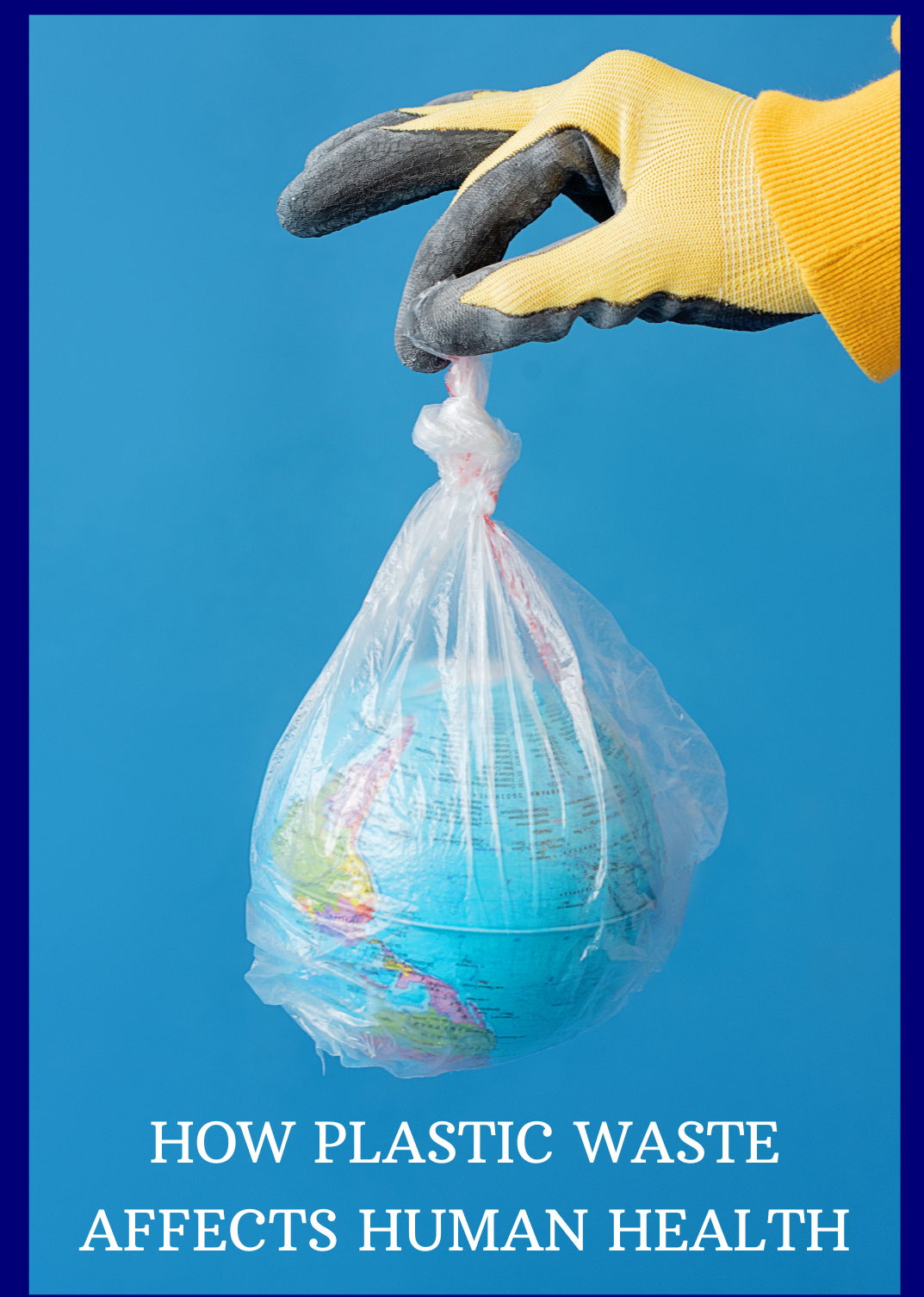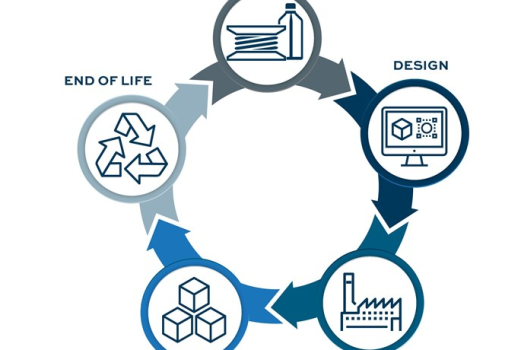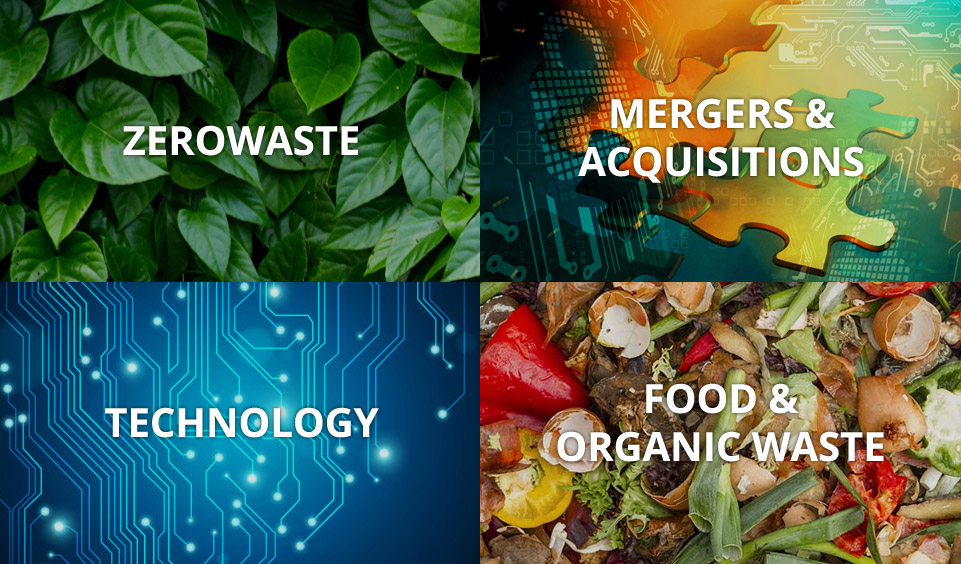
Plastic waste is a huge problem for the environment and human health. It takes hundreds of years to decompose, so it clogs up landfills and pollutes the air and water. Plastic is made from petroleum, so it’s full of toxic chemicals that can leach into the soil and water.
What Causes of Plastic Waste
The main causes of plastic waste are consumerism and overproduction. We use so much plastic in our daily lives, from packaging to single-use items, that we create a lot of waste. And, because plastic is so cheap and easy to produce, companies make more than they need.
Most of this plastic is dumped into the environment, where it can do serious damage. Listed below are a few articles discussing the health hazards of plastic waste.
Different Ways Plastic Waste Affects Human Health
There are many ways that plastic waste can affect human health. It can contaminate the food and water supply, and it can also release toxins into the air.
Here are some of the most common ways that plastic waste affects human health:
#1. Pollutes Air and Water
First and foremost, plastic pollution affects human health by polluting the air and water. As we mentioned before, it takes hundreds of years for plastic to decompose. So when it ends up in a landfill, it releases harmful chemicals into the environment.
These toxic chemicals can contaminate the air, soil, and water. It can lead to a variety of health problems, including cancer, birth defects, respiratory problems, and skin irritations.
#2. Increases The Risk Of Cancer
One of the most serious ways plastic pollution affects human health is by increasing the risk of cancer. Many plastics are made from petroleum, which is full of carcinogens (substances that cause cancer). When these carcinogens leach into the air or water, they can increase the risk of cancer.
#3. Causes Birth Defects
Another serious way plastic pollution affects human health is by causing birth defects. And that’s because many of the chemicals found in plastics are endocrine-disrupting chemicals (EDCs). EDCs interfere with the body’s hormone system, which can lead to a variety of problems, including birth defects.
#4. Impacts on the Respiratory System
Plastic pollution can also impact the respiratory system. It is because tiny particles of plastic can be inhaled, and they can cause a variety of problems, including respiratory infections, asthma, and other breathing problems.
#5. Causes Skin Irritation
Another way plastic pollution affects human health is by causing skin irritation. It is because many plastics contain harmful chemicals that can cause irritation, redness, and even rashes.
#6. Littering
Littering is one of the most common ways plastic pollution affects human health. When people litter, they often don’t realize that the tiny pieces of plastic can end up in the water supply, where they can contaminate the drinking water. It can lead to a variety of health problems, including gastrointestinal illnesses and reproductive problems.
Bottom Line
Plastic pollution is a serious problem for the environment and human health. It pollutes the air and water, increases the risk of cancer, causes birth defects, and impacts the respiratory system. If you want to reduce your exposure to plastic pollution, make sure to recycle and avoid using disposable plastic products.



